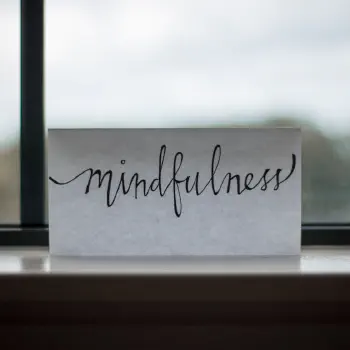Cussing in therapy is a topic that often sparks debate. As a mental health platform, we understand the importance of creating a safe space where users can express themselves freely. But is cursing in therapy beneficial, or does it hinder the therapeutic process? Let’s explore this nuanced topic in depth.
Why even cuss in therapy?
While society may frown upon cursing, in the therapeutic setting, it can serve as a powerful tool for emotional expression. Cuss words can convey a wide range of emotions-anger, happiness, frustration, anxiety, and excitement. In moments where traditional language fails, cursing can help articulate the intensity of one’s feelings, making communication more effective and persuasive.
In therapy, using ‘acceptable’ cuss words can empower clients, helping them feel heard and understood. It can also restore a sense of control and agency, which is crucial for healing. Research suggests that swearing can increase pain tolerance and reduce stress, which might be beneficial in a therapeutic context where clients are processing difficult emotions.
Understanding the Thin Line: Cursing vs. Defaming
Therapy often carries an assumption of formality, leading clients to hesitate when expressing themselves with phrases like “I feel f***ed up” or “I’m so f***ing excited.” It’s essential to distinguish between cursing as a form of expression and using language that defames or disrespects someone’s background, values, or identity.
Therapists would not be comfortable with language that hurts others or continues trauma. However, a harmless cuss word that adds emotional depth to a client’s narrative is generally acceptable-and sometimes, therapists might even join in to validate your feelings. 🙂 It’s important to remember that the therapeutic space is one of mutual respect and understanding, where language is used to facilitate healing, not harm.
How to Discuss Cursing with Your Therapist
Cursing can be a valuable emotional release for some clients. However, therapists have varying stances on its use in sessions. Here are some tips to navigate this:
- Ask Directly: During your initial sessions, inquire about your therapist’s stance on cursing. This can help set the tone for open communication and ensure that both parties are comfortable with the language used.
- Be Open: If you curse during a session, don’t be self-conscious. Discuss it with your therapist afterward. This can be an opportunity to explore why certain words resonate with you and how they impact your emotional state.
- Check In: If you’re unsure, bring it up with your therapist. You might say, “In our last session, I used [word] to describe my feelings. Is it okay to use such language here?” 🌻 This can lead to a deeper conversation about language, expression, and boundaries in therapy.
The Role of Language in Therapy
Language is a fundamental tool in therapy, shaping how we express and process our emotions. Cursing, when used appropriately, can enhance this process by providing a raw and honest outlet for feelings that might otherwise remain unspoken. It’s important to recognize that every client is different, and what works for one person might not work for another.
Therapists are trained to adapt to the needs of their clients, creating a personalized approach that respects individual preferences and boundaries. By understanding the role of cursing in therapy, you can better navigate your sessions and enhance your therapeutic journey.
Conclusion
The therapy space is a professional environment that doesn’t have to be overly formal. By fostering open communication and mutual respect, therapists and clients can work together to create a space where authentic expression is encouraged. Whether or not cursing is part of that expression, the ultimate goal is to support healing and growth.
By understanding the nuances of cursing in therapy, you can make informed decisions about how to express yourself and engage with your therapist. Remember, therapy is a collaborative process, and your voice is an essential part of that journey. ✨
















